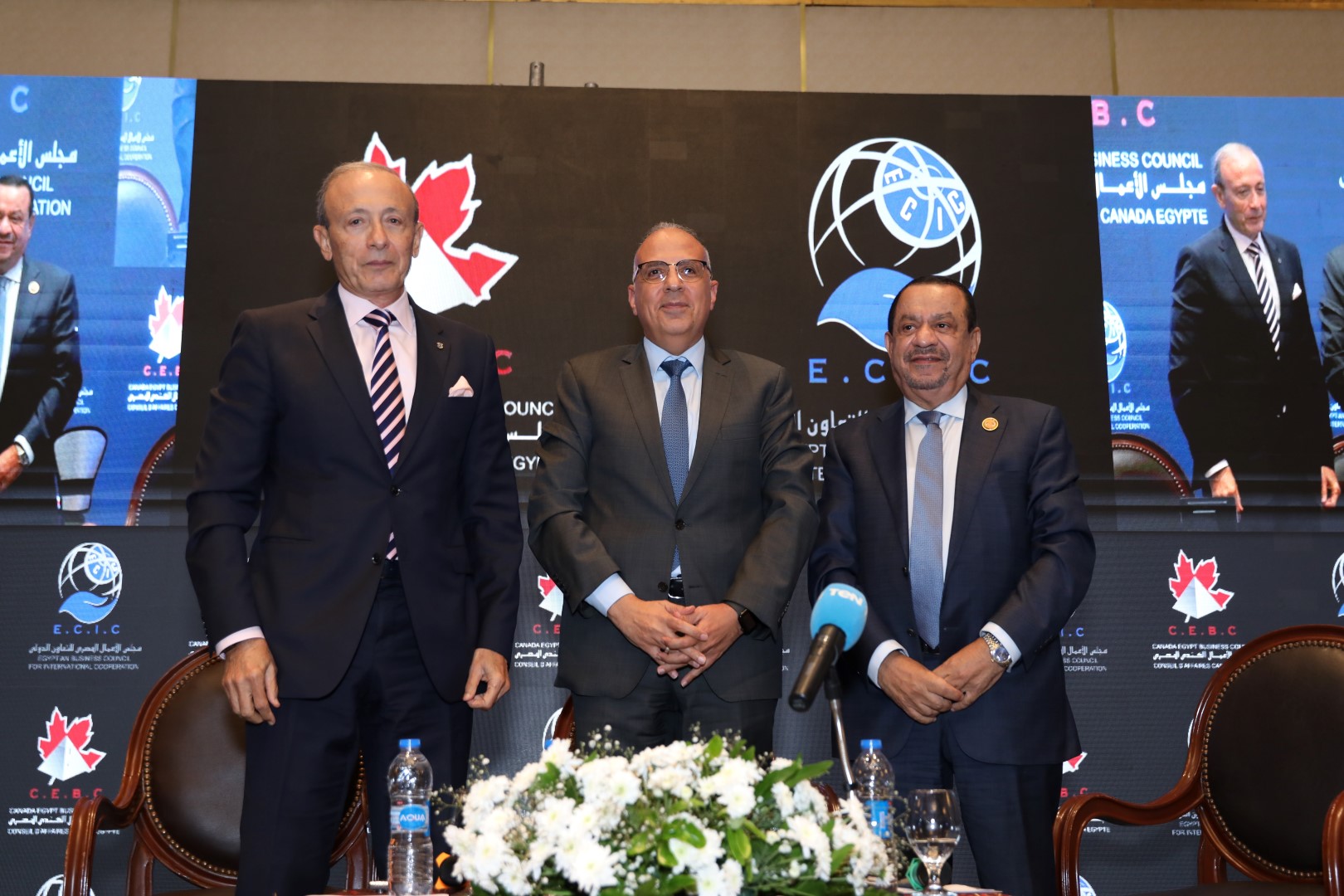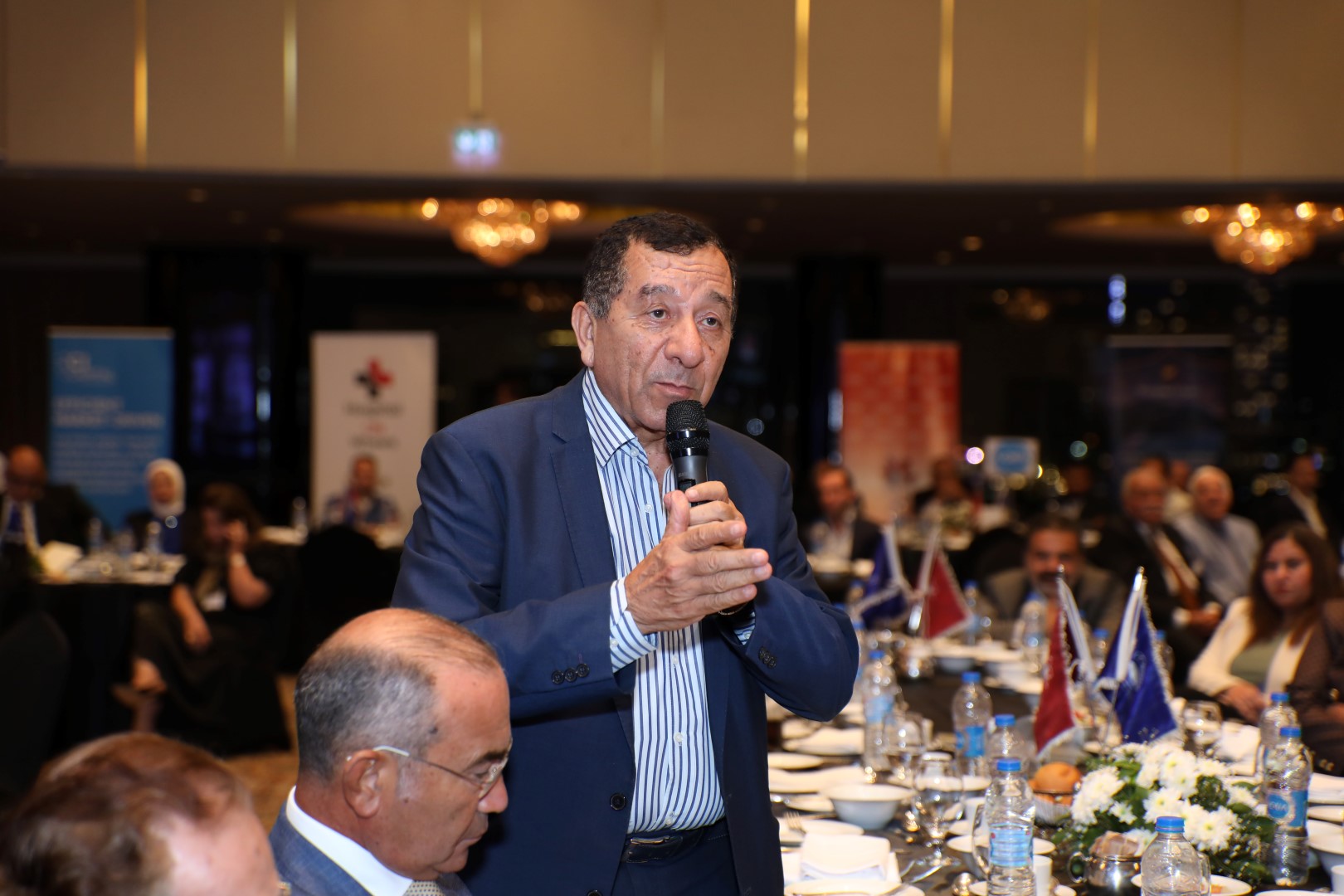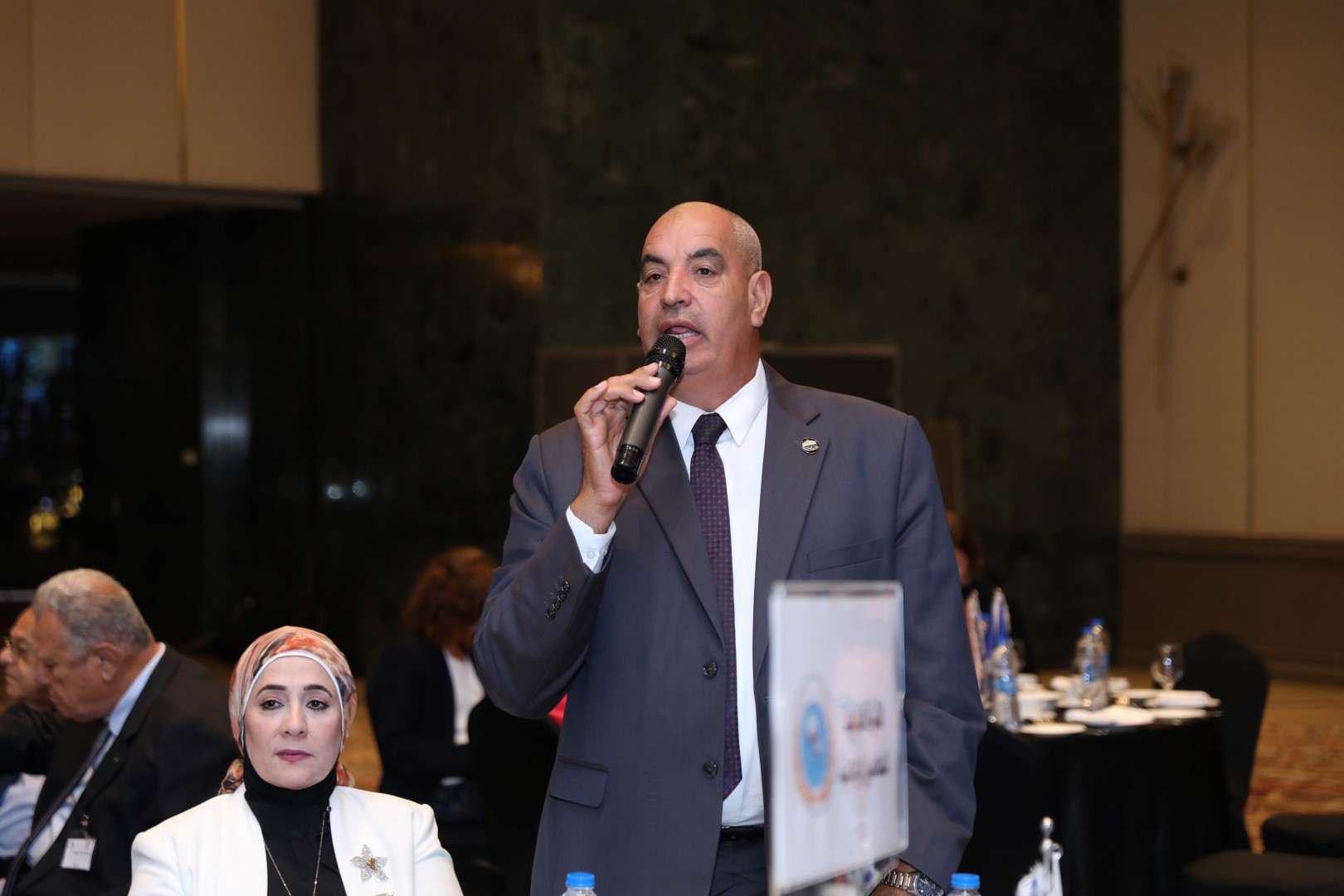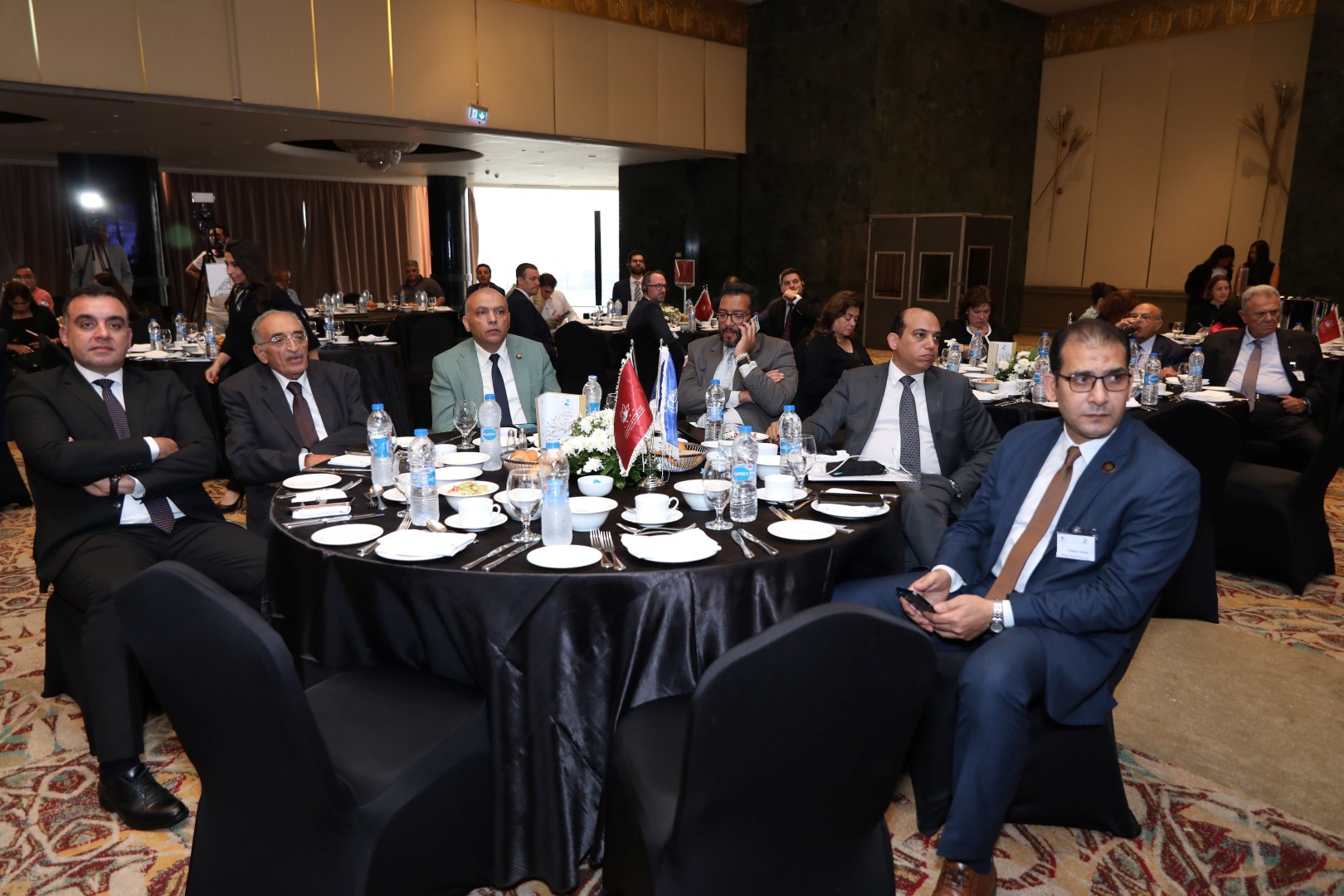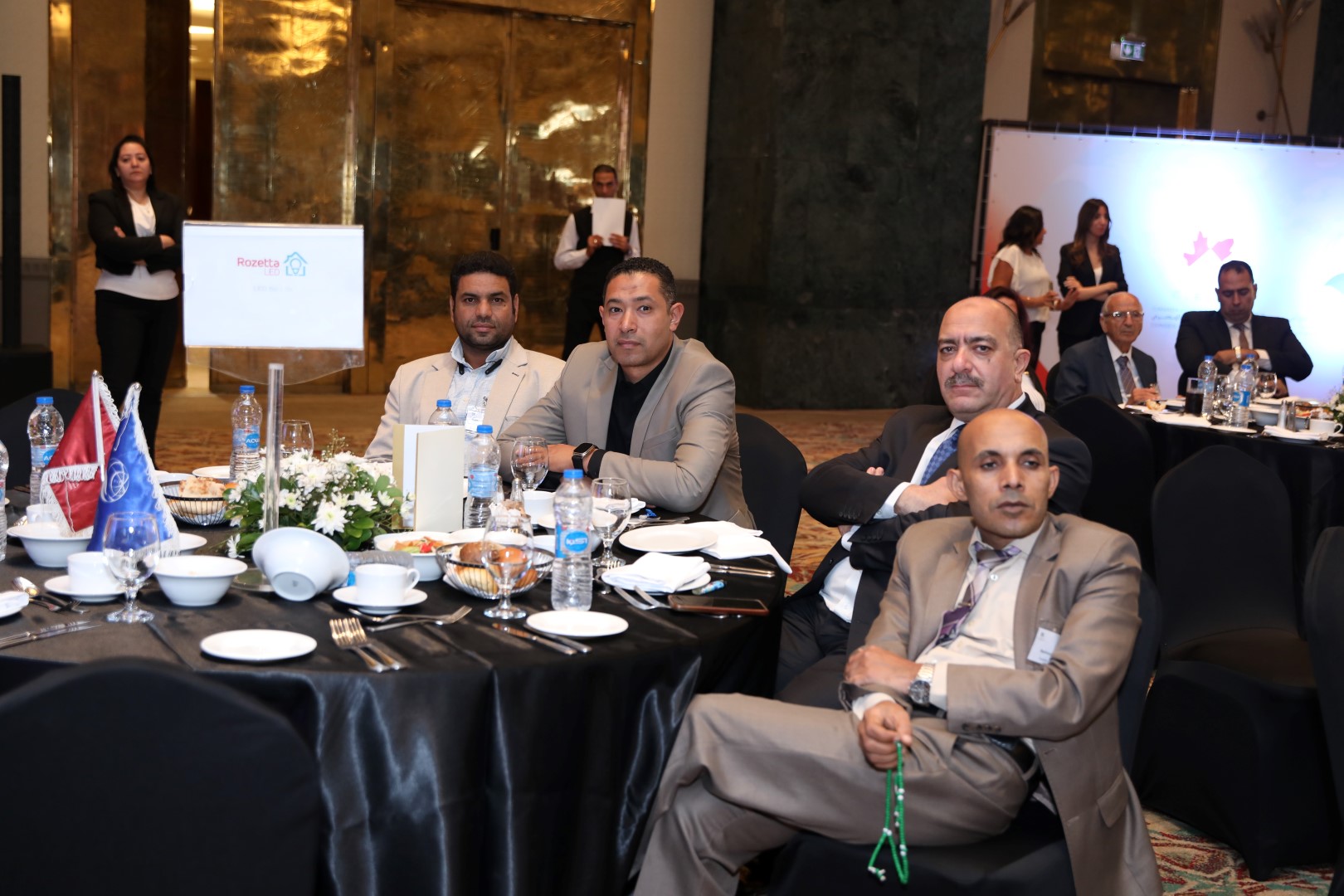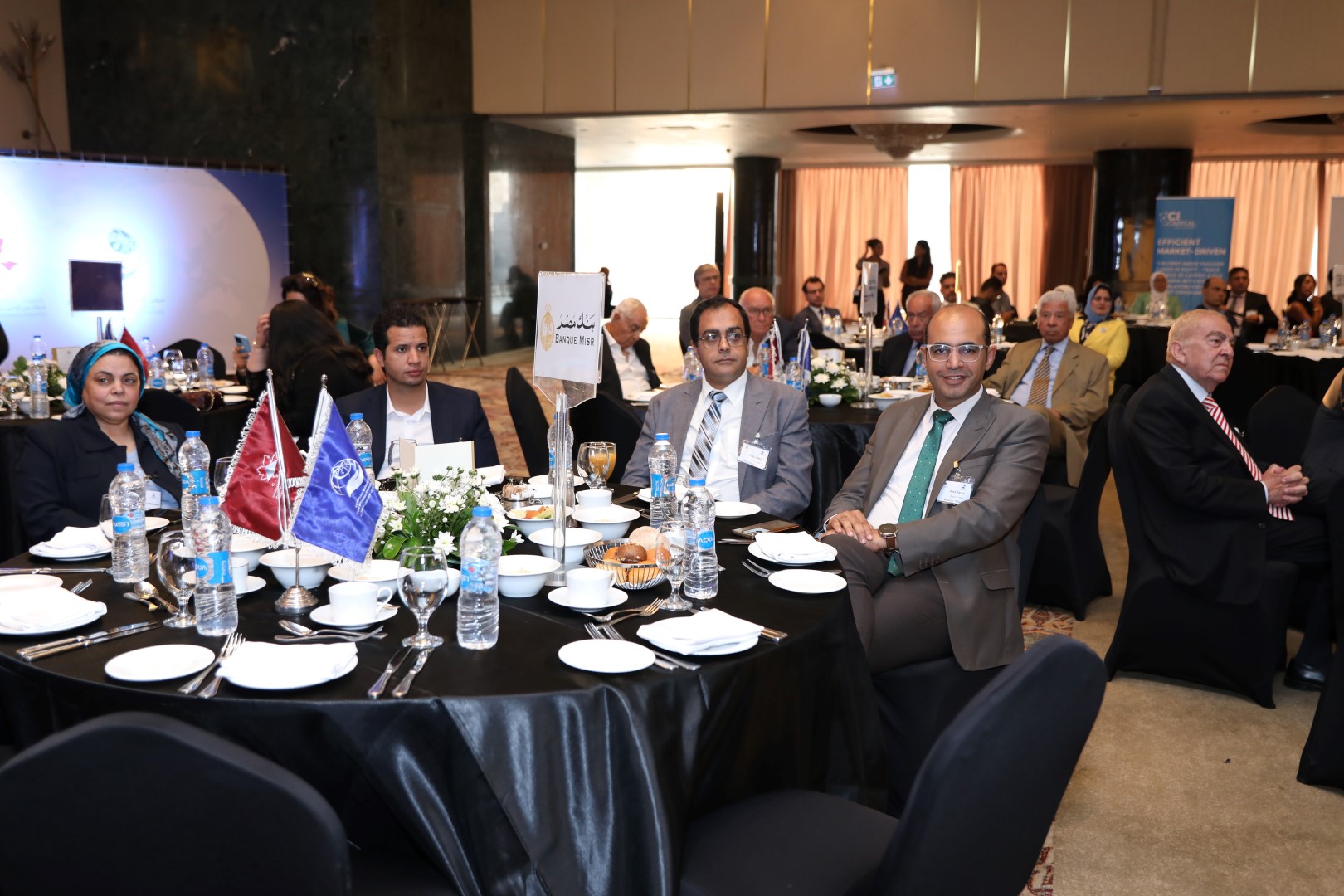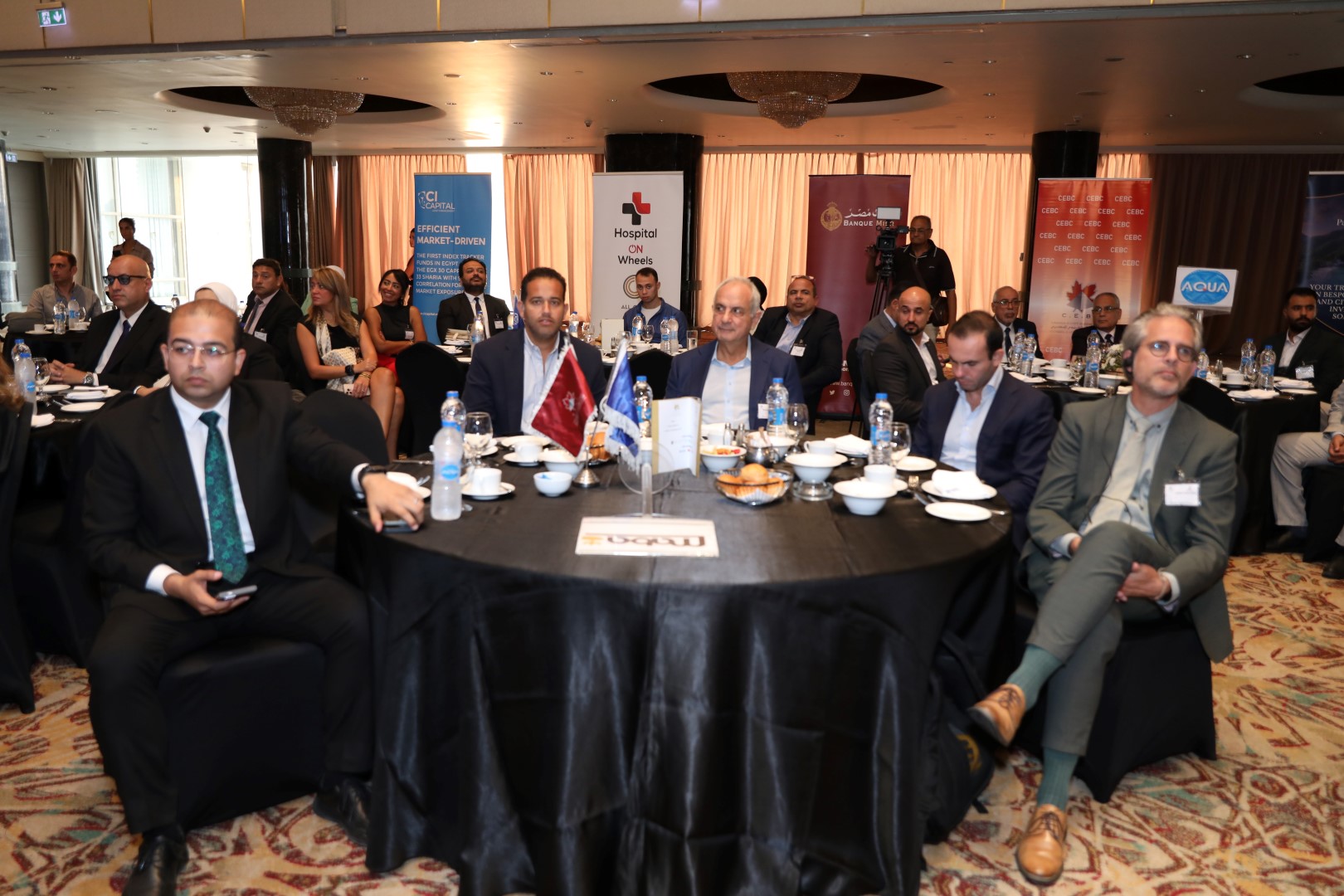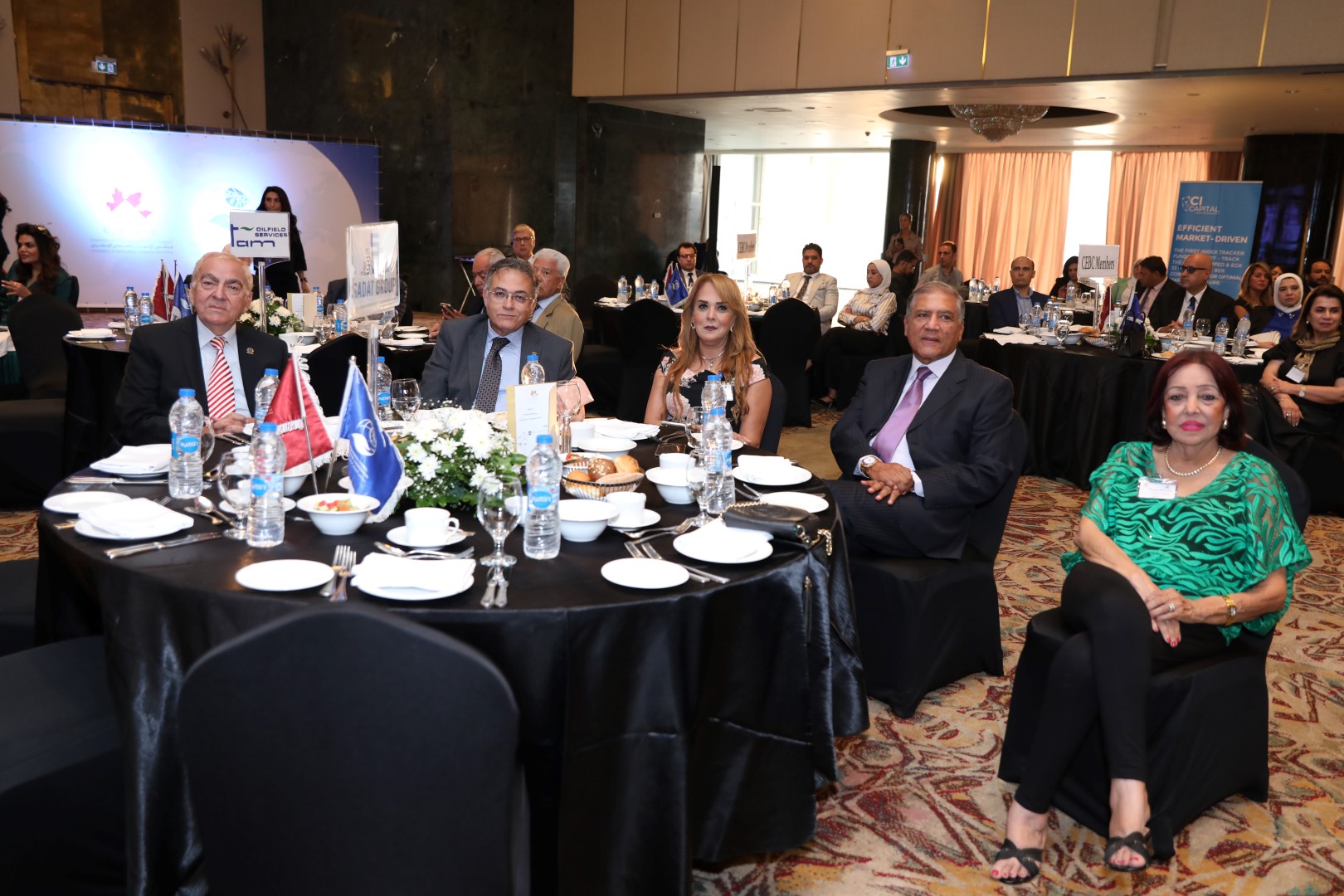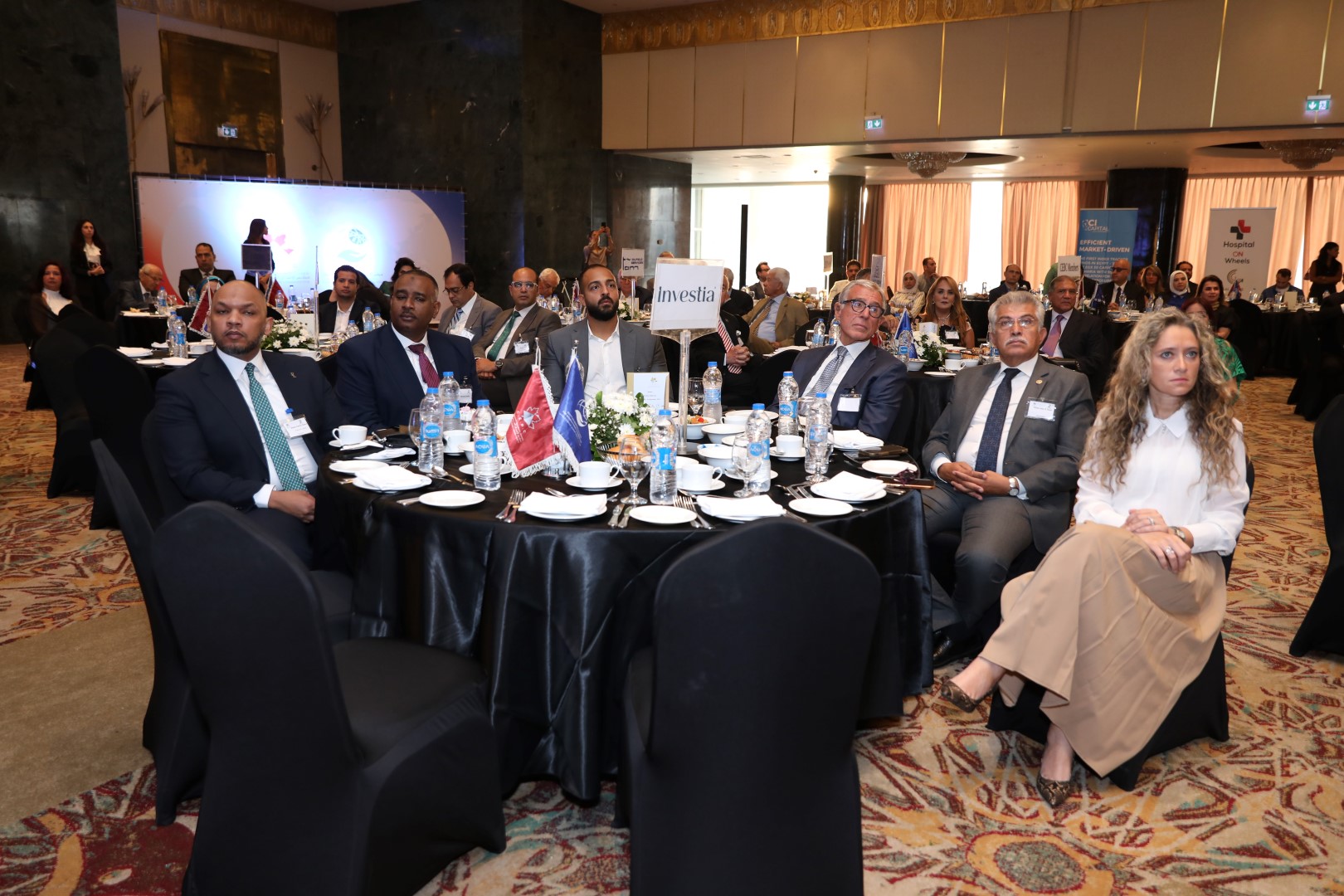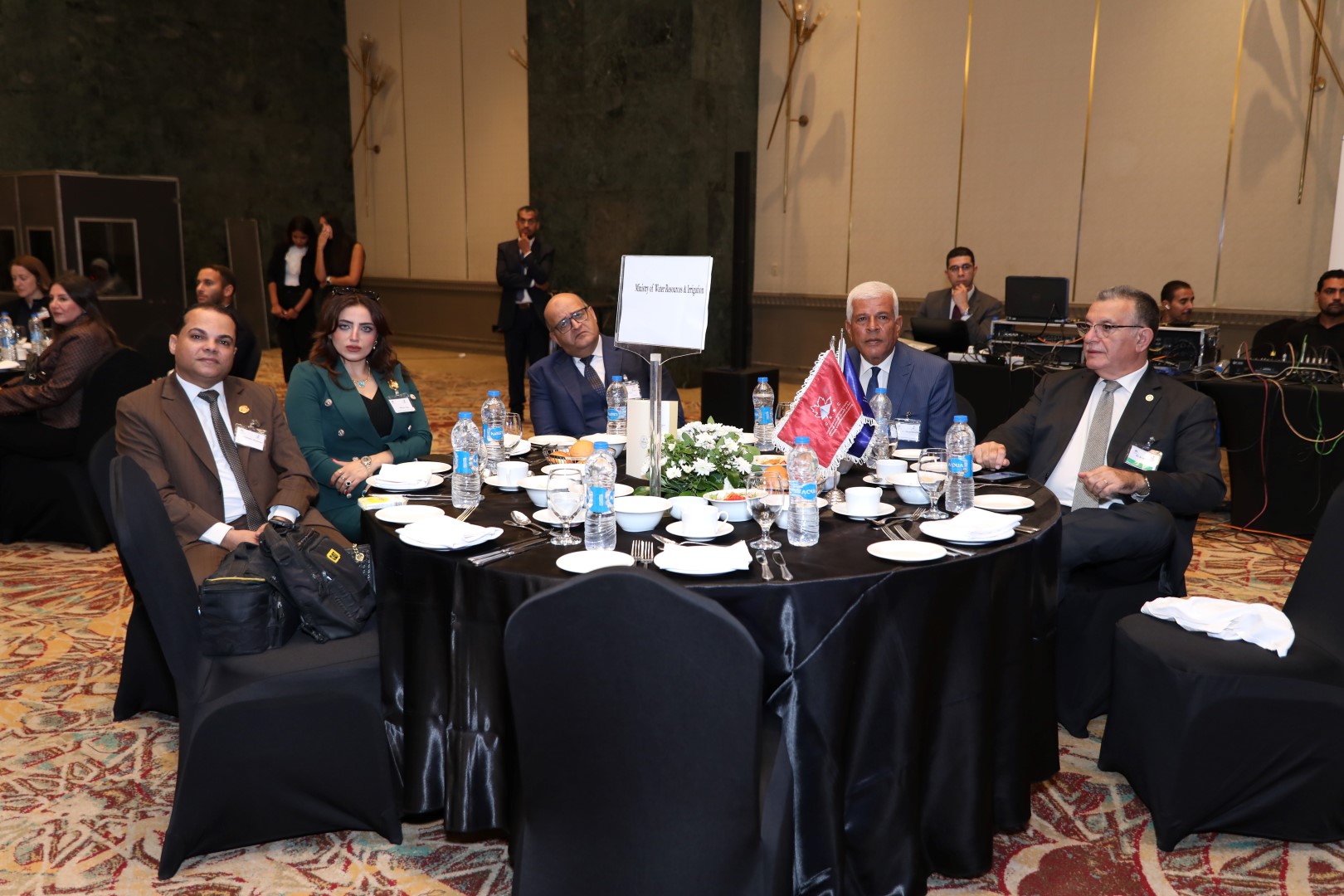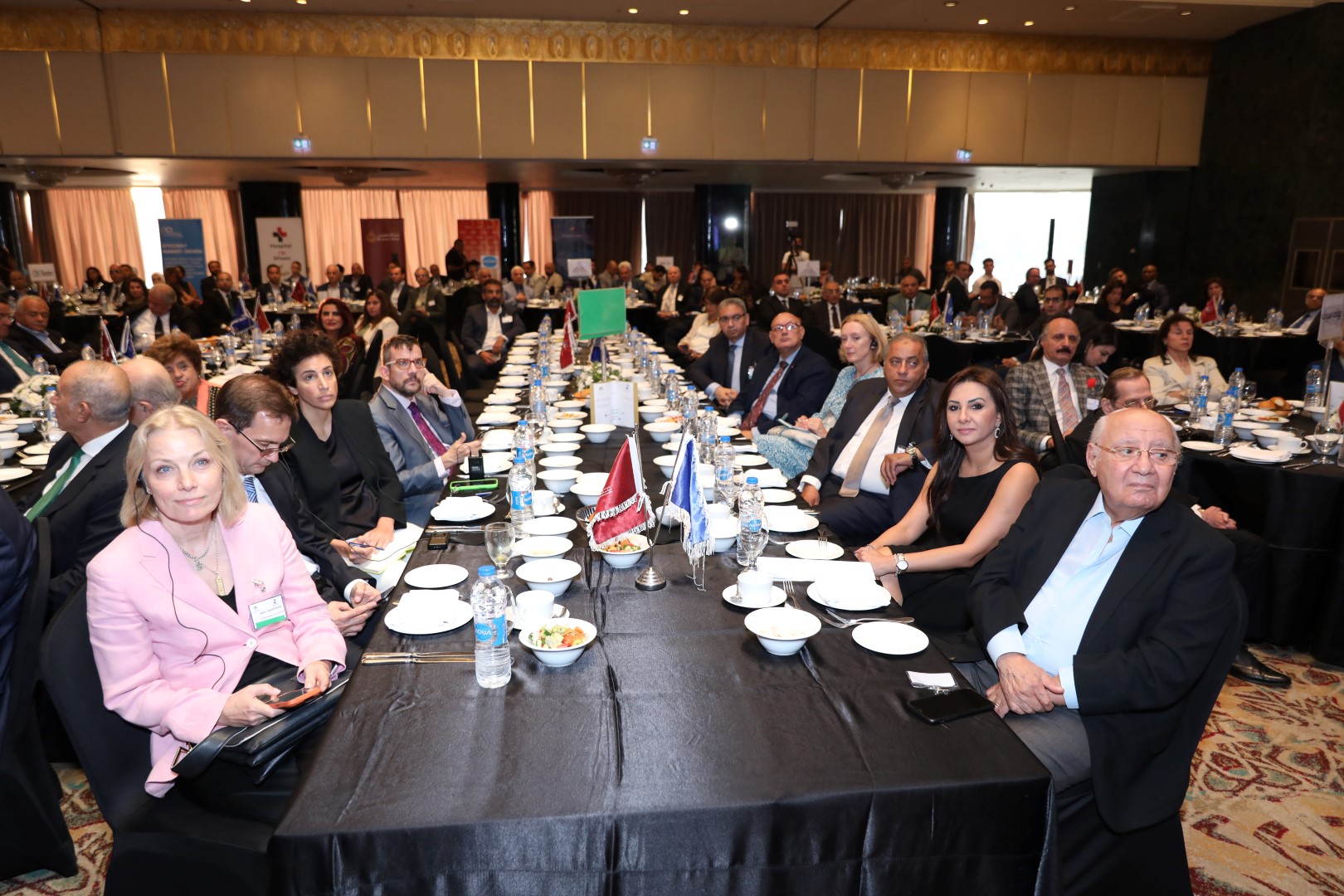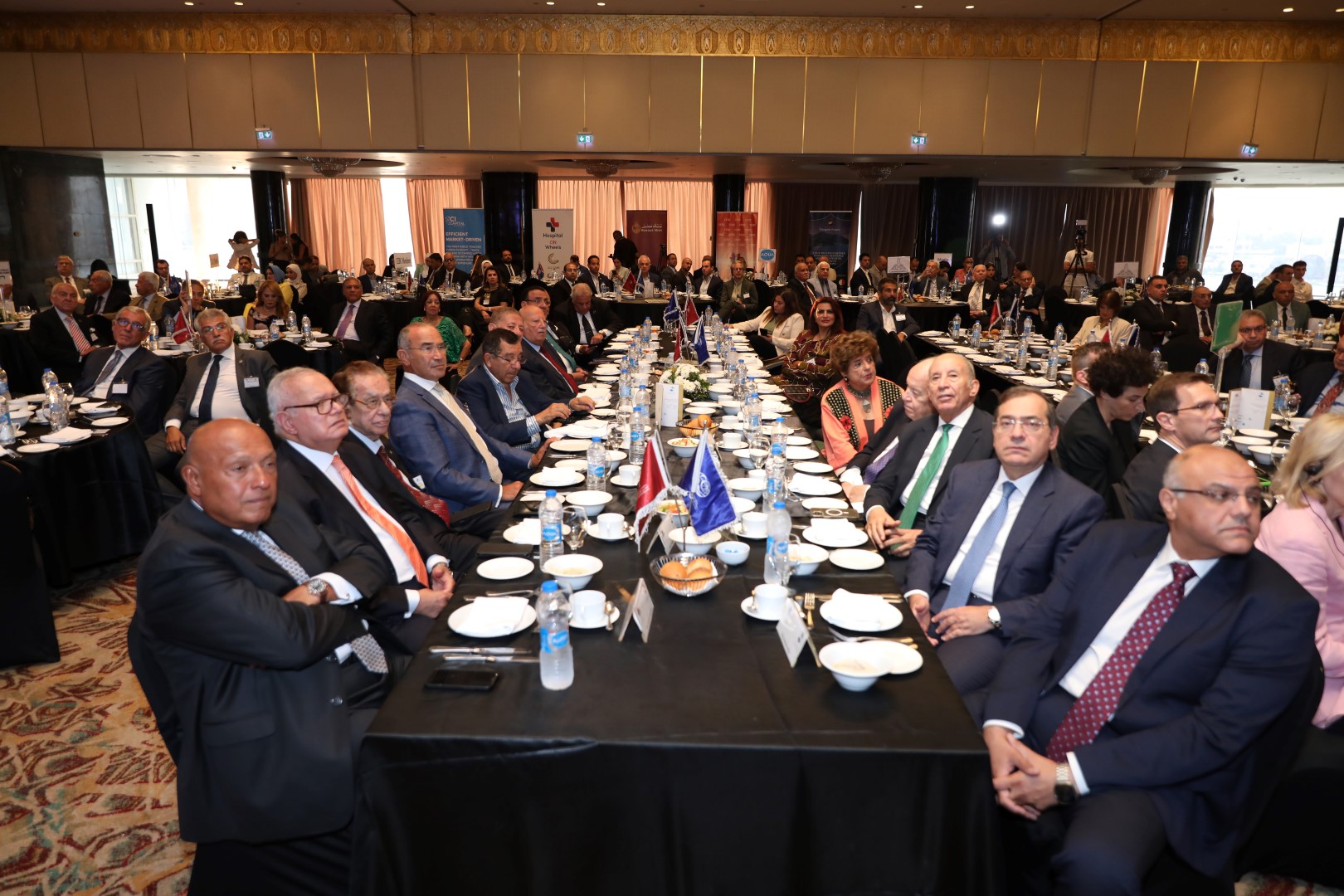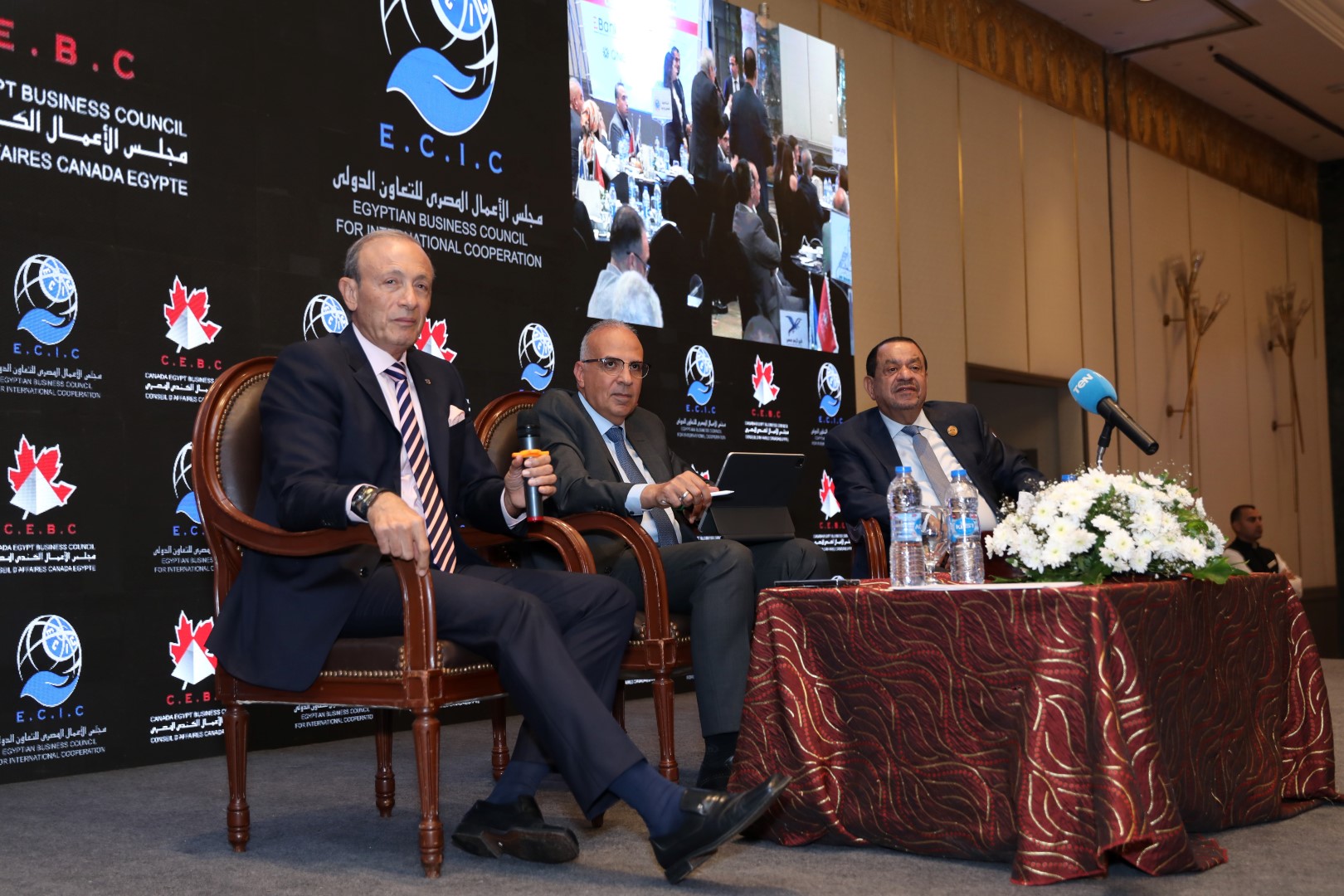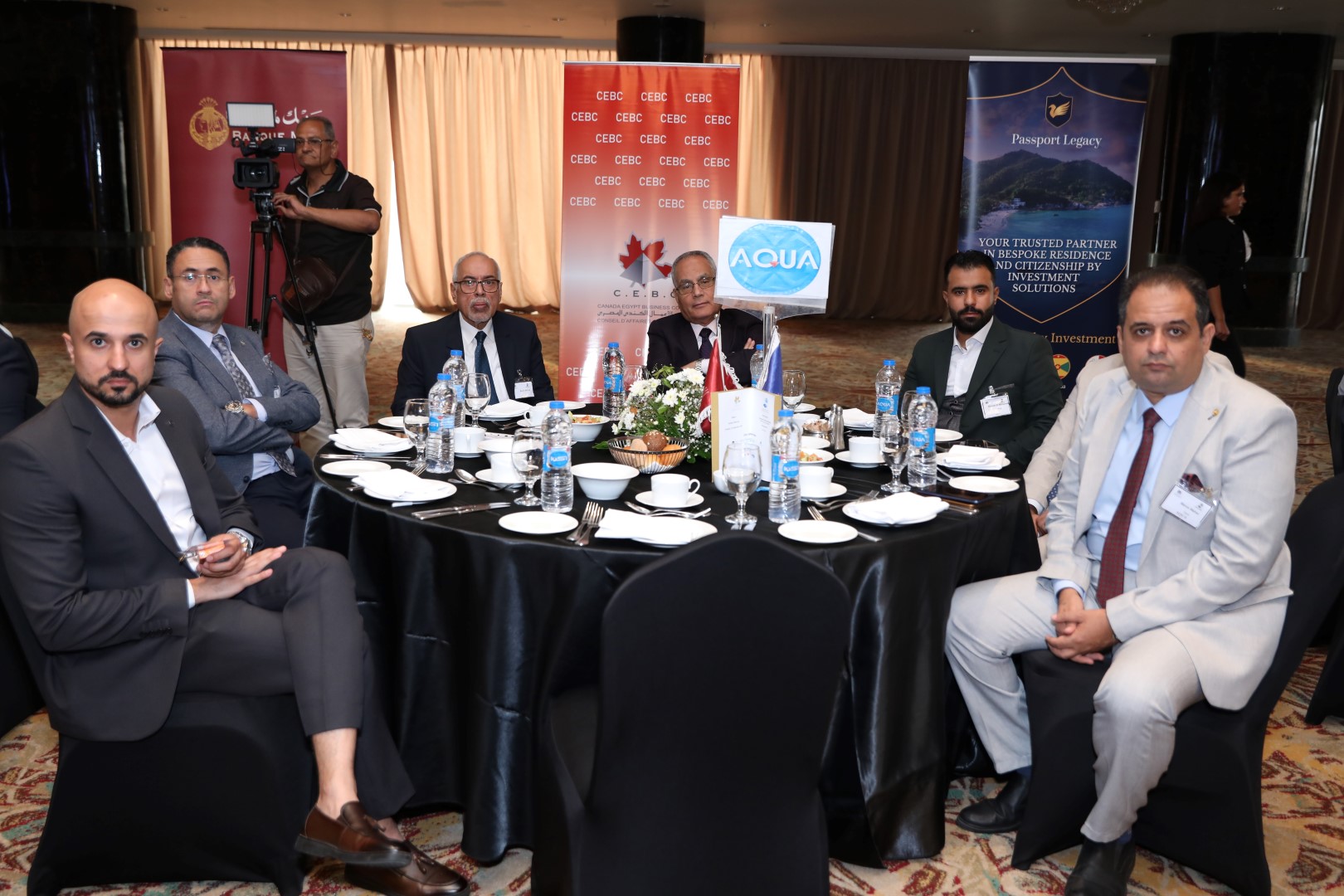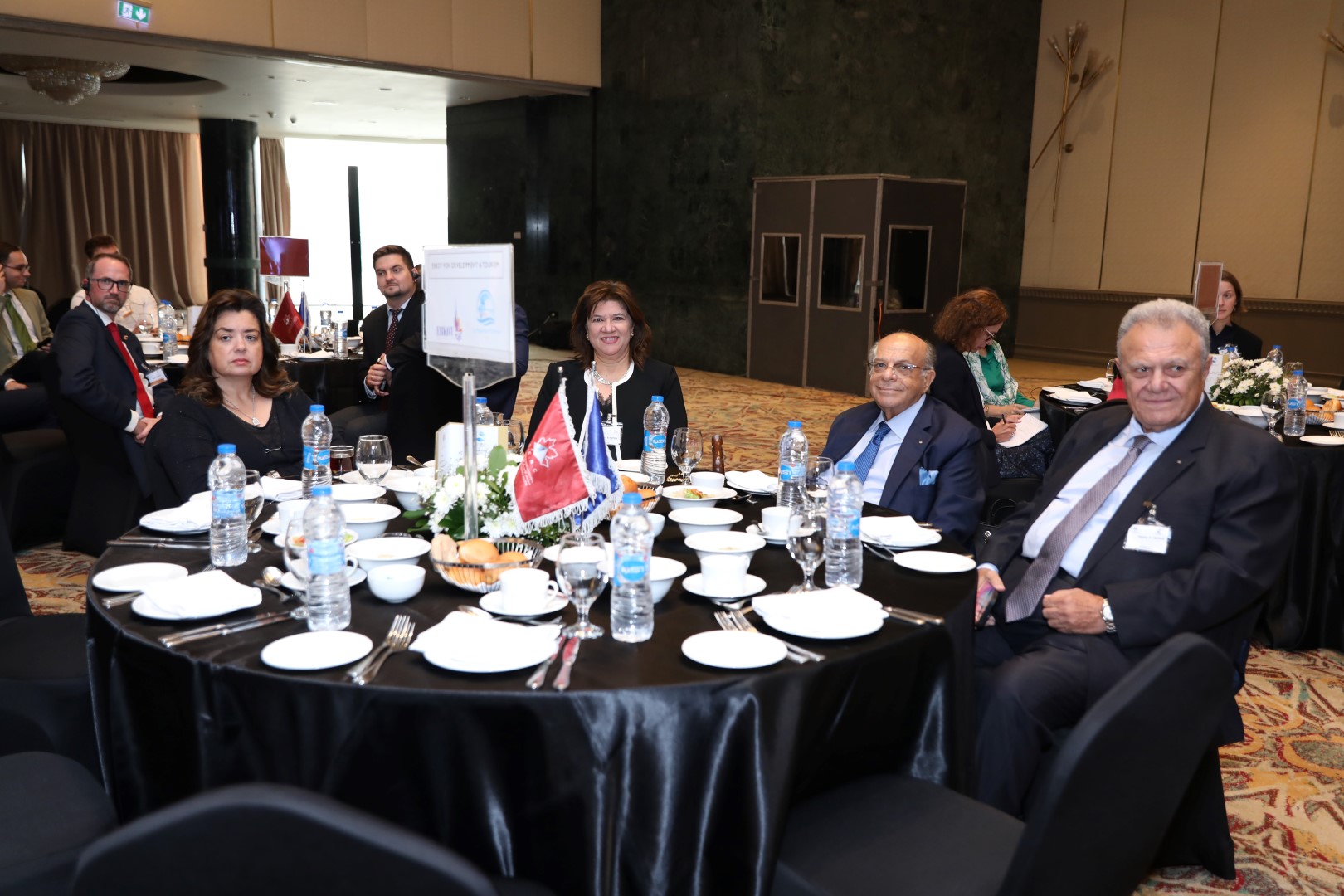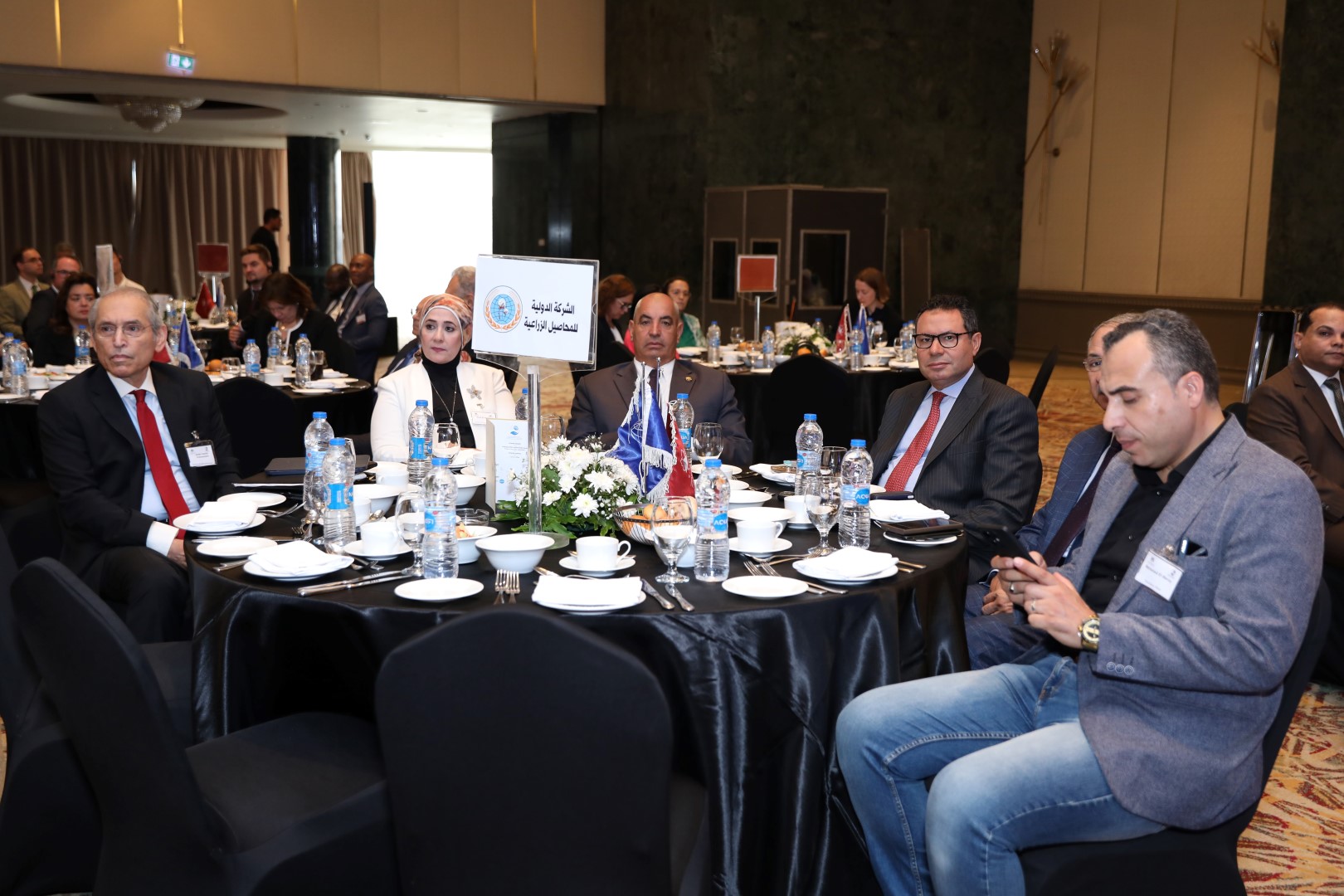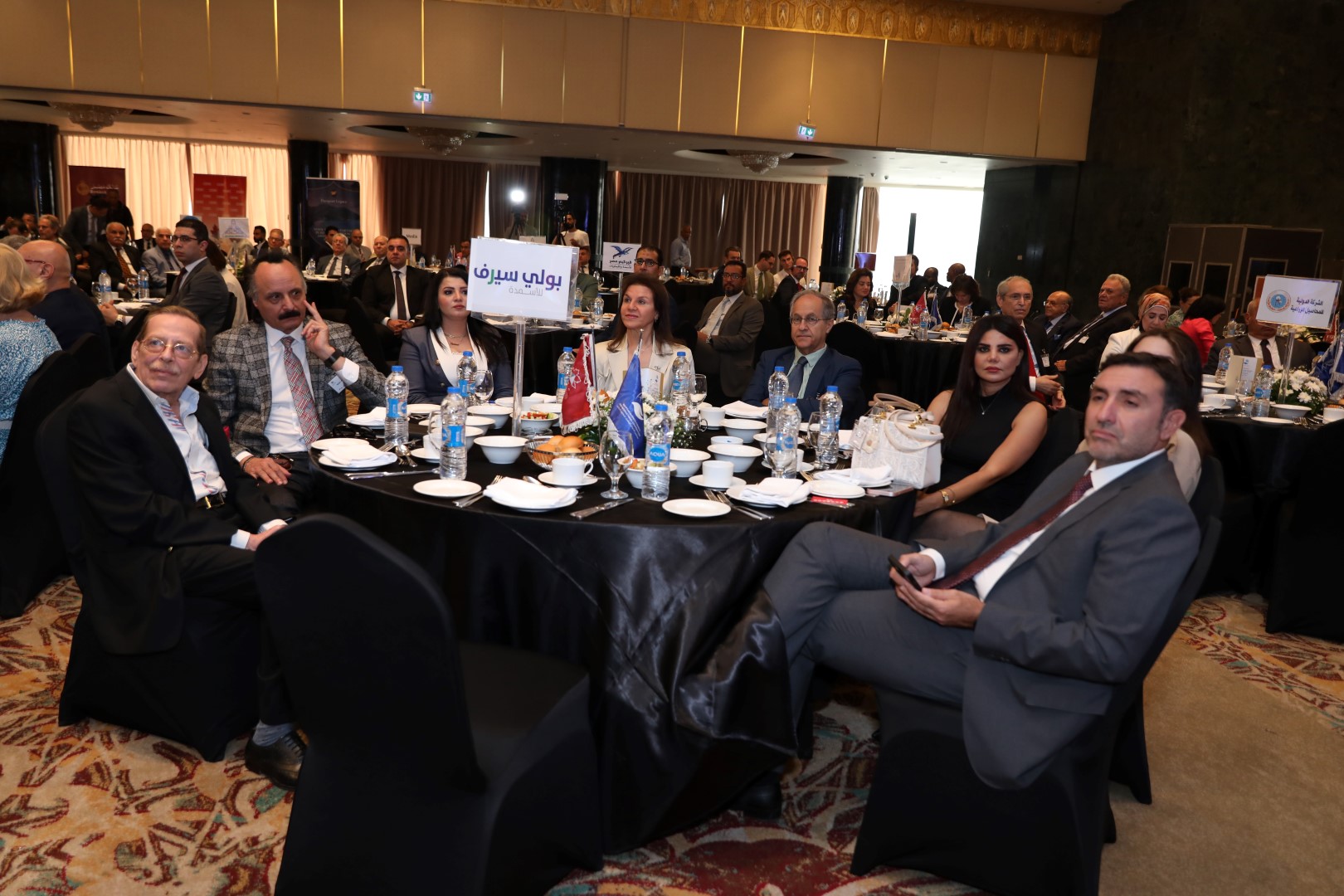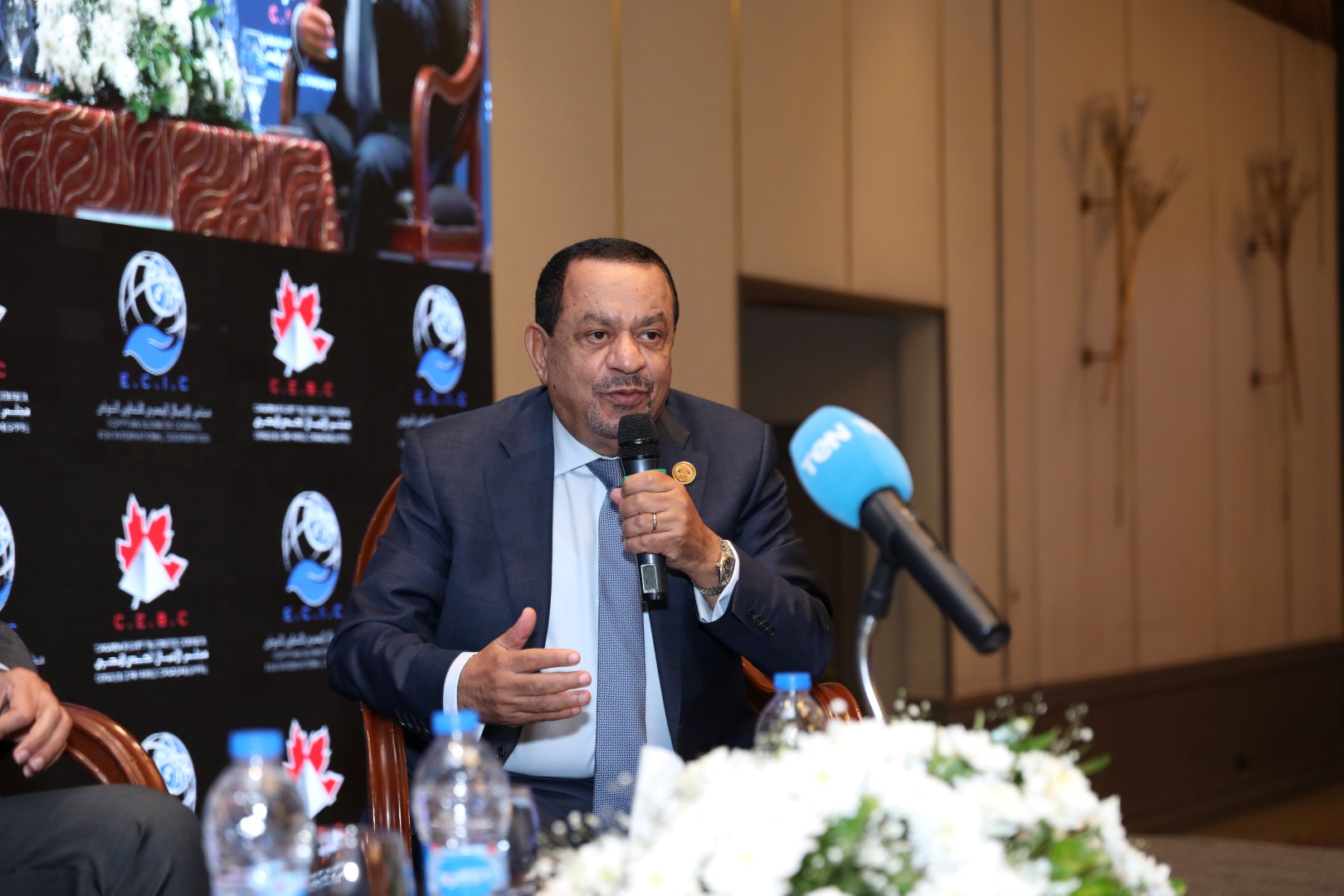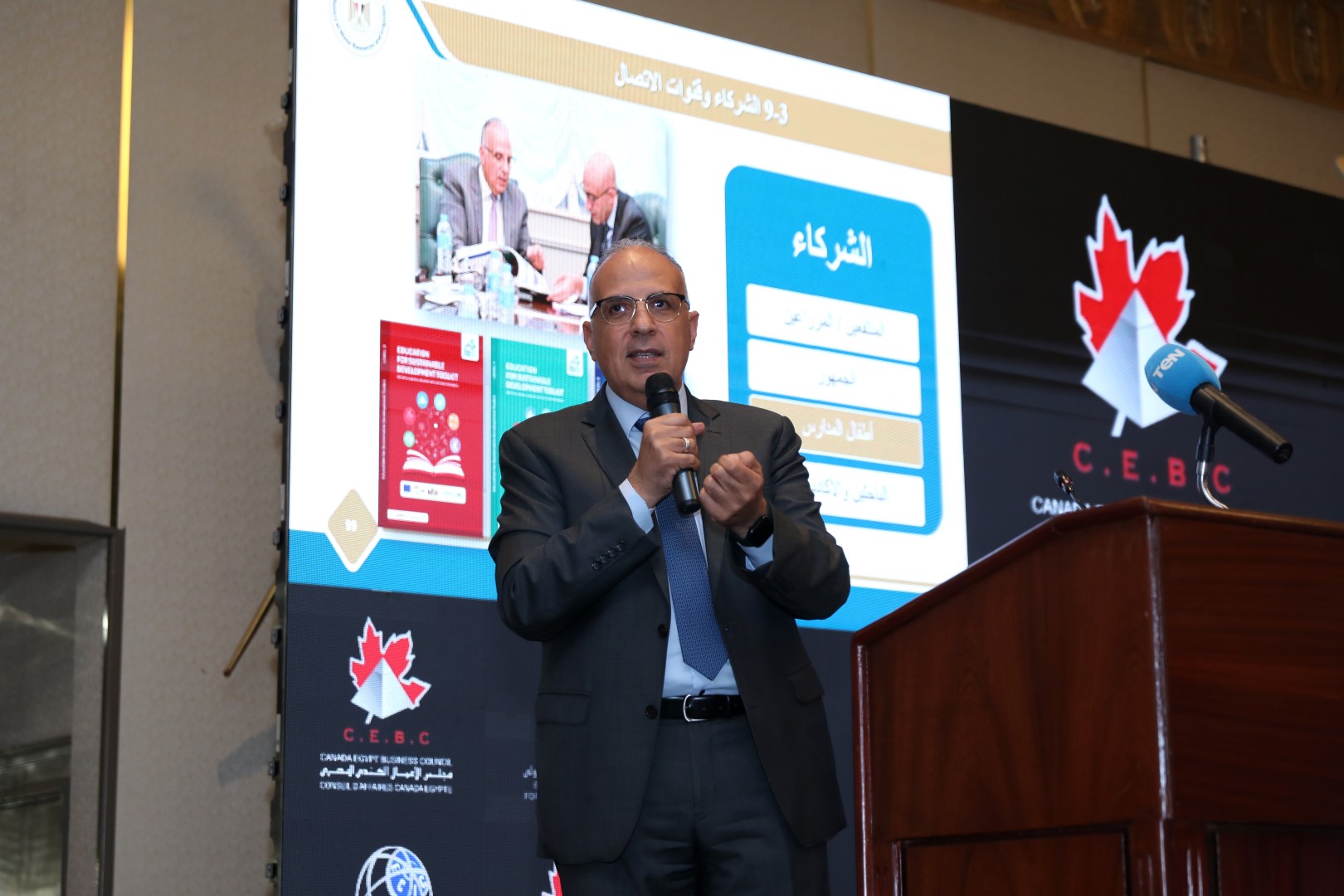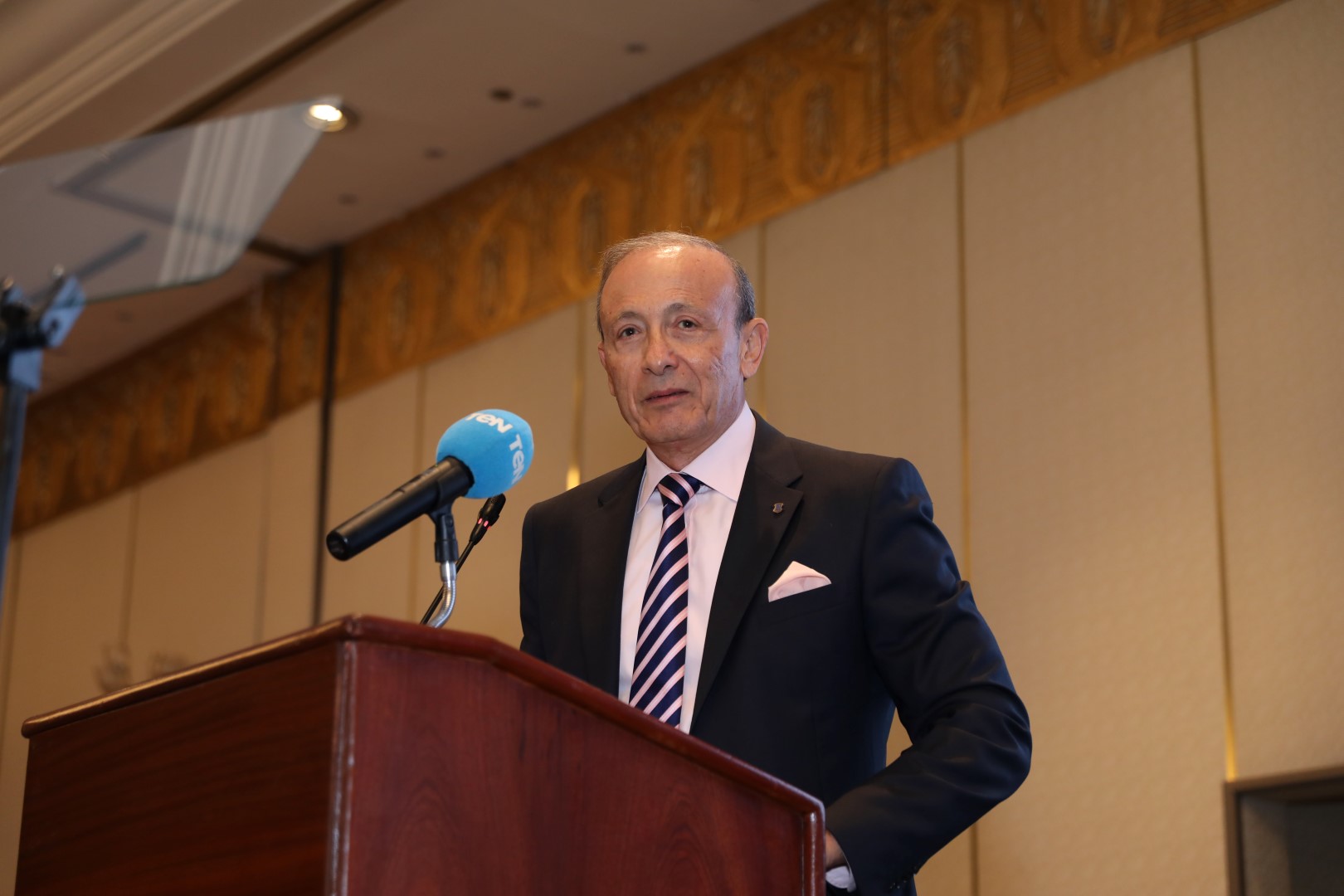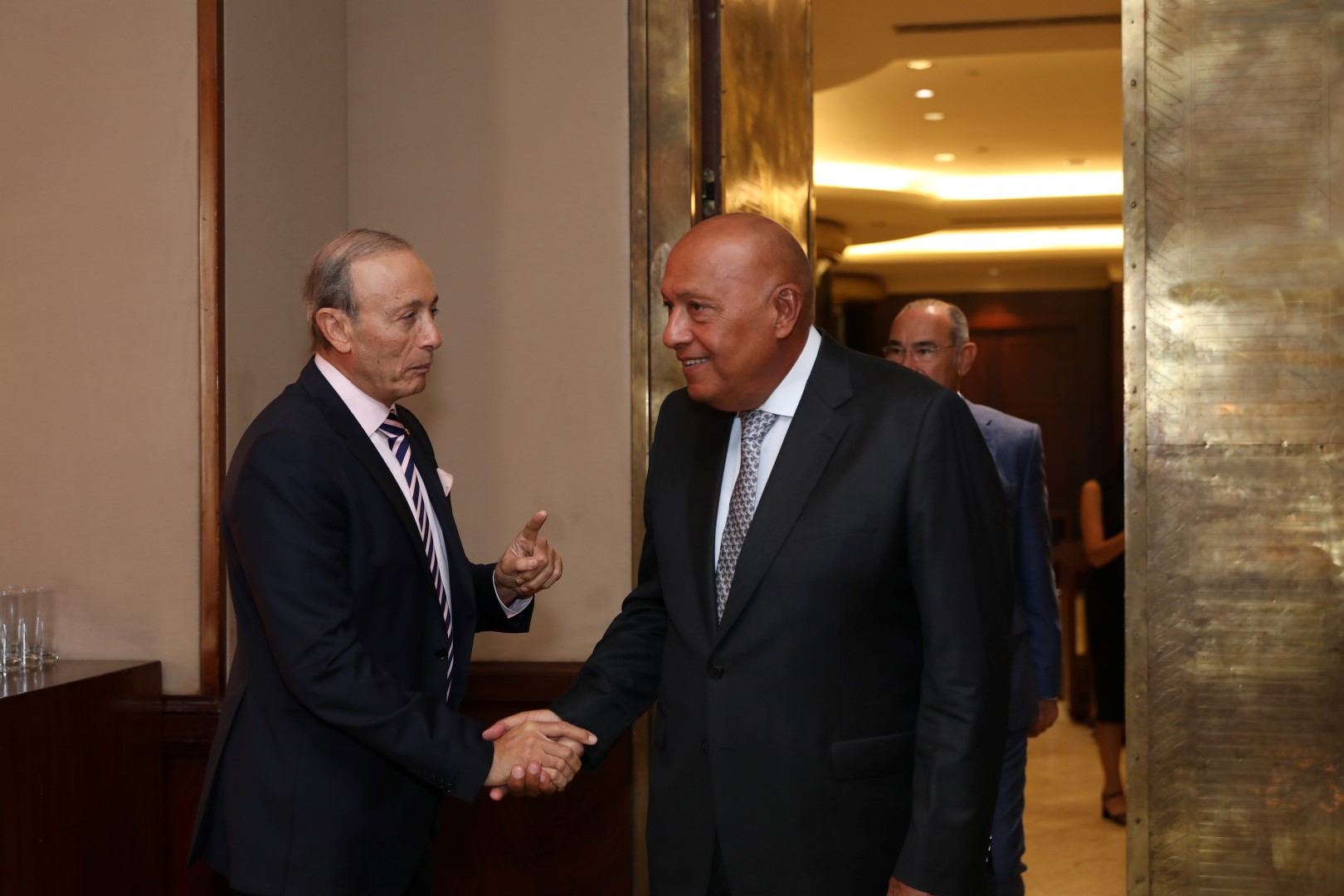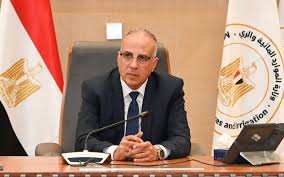
Date
Speaker(s)
Designation
Invitation
Description
Egypt’s water resource management faces significant challenges due to continuous population growth, increasing risks from climate change, the fixed share of the Nile River, and the repercussions of the Grand Ethiopian Renaissance Dam (GERD). These factors heighten concerns about the potential impact on Egypt’s water quota. In response, the Egyptian government has adopted ambitious strategies to develop and efficiently manage its water resources, safeguard its historical rights to the Nile waters, and enhance water sustainability for economic growth.
In this context, the Canada Egypt Business Council (CEBC) and the Egyptian Business Council for International Cooperation (ECIC) recently held a forum featuring H.E. Dr. Hany Sewilam, Minister of Water Resources and Irrigation, who discussed “Water Challenges in Egypt: Causes and Solutions.” The symposium was inaugurated by Eng. Motaz Raslan, chairman of CEBC & ECIC, who emphasized that water is an existential issue and the cornerstone of development for current and future generations. He cited an international report indicating that at least 50% of the world’s population, or about 4 billion people, experience water shortages for at least one month each year. He noted that this global danger is exacerbated by climate change and rapid population growth.
Eng. Raslan highlighted the critical situation in Egypt, where the fixed annual share of Nile waters is 55.5 billion cubic meters, unchanged for decades, despite a population increase of about 25 million in the past ten years. This has resulted in a per capita water availability of 500 cubic meters, a level classified as absolute water scarcity. He acknowledged that the Renaissance Dam poses the most significant challenge currently facing Egypt.
Following this, H.E. Dr. Hany Sewilam presented the Ministry’s efforts to achieve water security, outlining Egypt’s ambitious vision for addressing water challenges. Dr. Sewilam stressed that the country has a clear strategy to transform these difficulties into promising investment opportunities. He stated, “The axis of the Ministry of Water Resources and Irrigation strategy is to address water challenges by converting difficulties into investment opportunities through an integrated vision based on several key axes.”
Key components of the strategy include:
1. *Irrigation System Development*: Focusing on desalination for agriculture, smart management, and digital transformation to enhance the efficiency of limited resources.
2. *Treatment and Desalination*: Expanding agricultural wastewater treatment through major projects like the New Delta and Sea of Beef, and prioritizing desalination to tackle water and food security challenges.
3. *Smart Management*: Utilizing modern technology to predict rainfall, inventory crops via satellite imagery, and monitor groundwater using drones.
4. *Digital Transformation*: Digitizing canals, drains, and water installations, along with creating databases and digital applications for farmers, resulting in 27 diverse applications.
5. *Water Structure Rehabilitation*: Developing and rehabilitating canals and installations with environmentally friendly materials, including projects like Dairout Qanatir, and updating monitoring and operating systems in the High Dam.
6. *Climate Change Mitigation*: Implementing projects for coastal protection and creating over 1,600 facilities to manage torrential risks, alongside expanding solar energy usage.
7. *Governance and Legislation Development*: Enhancing farmer participation in water management and developing legislation to protect resources from encroachments.
8. *Nile River Protection*: Campaigning to remove encroachments using advanced surveying technologies and regulating activities along the riverbanks.
9. *Awareness and Capacity Building*: Developing human resources through training and societal awareness campaigns, such as the “Ala Al-Qadd” initiative to promote rational water consumption.
10. *International Efforts*: Leading initiatives to elevate water issues on the international climate and development agenda through events like Cairo Water Weeks, Climate Conferences, and Egypt’s Presidency of the African Water Ministers (Ameko), as well as launching the “Aware” initiative to support African nations.
Eng. AbdelSalam Al-Gabaly, Chairman of the Senate Agriculture and Irrigation Committee, added legislative and executive depth to the discussion. He emphasized that water is essential for the life and existence of peoples, making the discussion of mechanisms to address these challenges critically important. He highlighted the Egyptian political leadership’s efforts to adopt new water policies, including the reuse of agricultural wastewater through major national projects, the establishment of water treatment plants, and the development of irrigation systems to optimize consumption. Currently, Egypt reuses about 21 billion cubic meters of agricultural wastewater, with plans to increase this to 26 billion cubic meters.
In conclusion, the event underscored the pivotal role of the private sector in supporting state strategies and the importance of strengthening partnerships between the public and private sectors to achieve water security in Egypt. The floor was then opened for questions and discussions.


